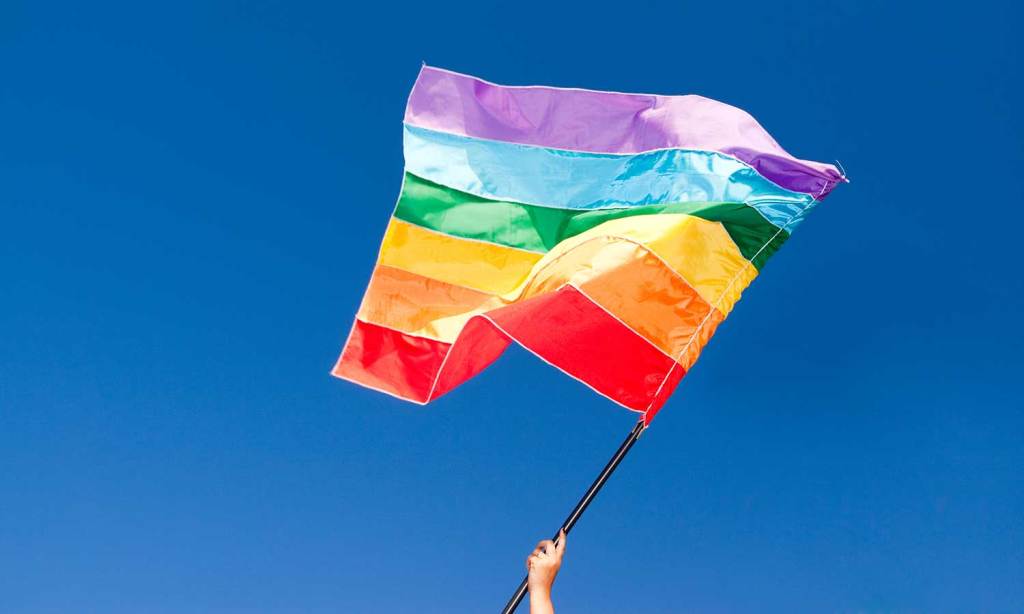Rarer than the Olympics, more thrilling than tax season, and every statistician and data journalist’s wet dream come true… it’s census time!
Run every five years by the data equivalent of Willy Wonka’s Chocolate Factory — the Australian Bureau of Statistics — the census is a pop-quiz on your favouite subject: you.
All Australian citizens are required by law to take part and the data gathered is used by the government to guide policy decisions across areas like healthcare, urban planning, education and tax. It’s also used by businesses and academics to get a better understanding of the Australian population.
The national survey kicks off today, August 10, covering 10 million households and over 25 million people. While historically it has been a great opportunity for ‘hilarious’, data-based jokes and political statements, you can actually get into trouble for using the census as an open-mic platform. Best to play this one straight.
People who still won’t be counted this year, however, include those who identify as queer or anything other than non-heterosexual. The ABS has added two new questions this year but failed to respond to demands for better LGBTQI+ representation — effectively furthering our continued erasure of queer people from society.
Before you make like Mary and Joseph and return to the stable you were born in for the national headcount, here’s what you need to know about the census.
What’s new in the 2021 census
In 2018, the ABS polled the public to find out what questions people want in the next census. They got more than 450 suggestions and boiled these down to eight topics to examine in depth.
The topics include Indigenous cultural identity, military service, sexuality, gender identity, sex characteristics, and other topics about health, education and family.
Two of these eight topics will be included this year: past or current Australian Defence Force service, as well as a question on long-term health conditions.
They also used to ask questions around household internet access but have decided to stop given that most of us use phones or other devices outside of the home to access the internet.
This is the first time the ABS has updated the census since 2006.
What’s not new in the 2021 census
In short, discrimination.
While the ABS received a number of suggestions calling for sexuality to be questioned in the upcoming census, they have declined yet again to ask Australians about their sexual orientation
In fairness to the ABS, they have recently included the option to select non-cisgender definitions in the census. An option to define as ‘other’ was included in the 2016 census and this year has been updated to read ‘non-binary’.
People who select this option will then have a further option to define their gender identity themselves.
The change is part of new ABS guidelines that aim to improve data on gender diversity.
The new standard also encourages the use of gender-inclusive language when writing questions, such as “they” or “their” rather than “he/his” or “his/her”.
Where possible, the guidelines also state that sex and gender should be treated as two distinct concepts, with questions on sex referring to what gender a person was assigned at birth, and gender expression meaning how they currently identify.
However, questions specifically asking about trans status is “discouraged”, according to the guidelines.

In 2016, only 1,260 people across Australia opted to identify their gender as “other”, which the ABS later noted was “not considered to be an accurate count”.
The lack of any questions on sexuality however remains a source of frustration to LGBTQIA+ groups who have been campaigning for the changes for many years. Equality Australia chief executive Anna Brown has said that the census is vital to ensure the needs of LGBTIQIA+ communities were met.
“It’s absolutely vital that we collect data on our communities because otherwise the government can’t plan our programs and services that meet our needs. Unless we’re counted, we’re invisible.”
In 2019, the ABS recommended that the government not add questions on sexual orientation to the 2021 census, despite acknowledging that two federal departments need the data to deliver services and it would have “strong value across all levels of government”.
The ABS believed that including these questions would be too sensitive and risked a public backlash. The ABS has been reluctant to court controversy after 2016’s outage issues meant that thousands of people weren’t able to access the census at all.
A Senate submission in 2019 revealed that the ABS had worked extensively with LBGTQIA+ health groups to design questions around sexual orientation but ultimately declined to progress further with the work.
At the time they suggested the government “may not want to progress any controversial topics.”
“There is an acknowledged risk of adverse public reaction to possible topics on gender identity and sexual orientation,” it said.
The submission acknowledged that initial testing and international experience suggest that an adverse reaction is not “significant enough to impact on response rates or quality of data.”
The UK, New Zealand, and the US already include questions on sexuality in censuses. Nepal will include them in its next census.
Australia’s failure to include them in 2021 will see Australian LGBTQIA+ people waiting until at least 2026 to be counted.
Read more stories from The Latch and subscribe to our email newsletter.







